Sustainable Farming means being a good steward of natural systems and resources, meeting the needs of the present, and not compromising the future. Farmers are always looking for ways to recycle and reuse the land in order to provide for the needs of society.
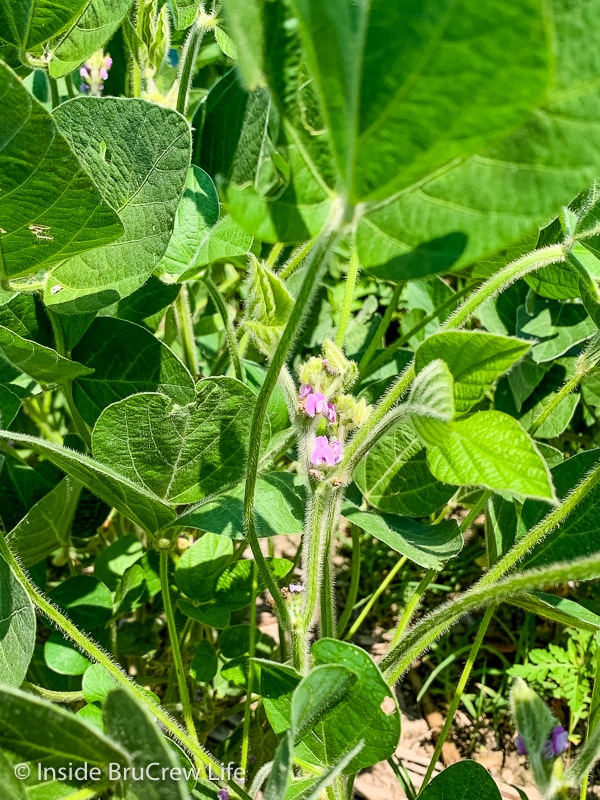
I am partnering with BestFoodFacts and the United Soybean Board to bring you information about sustainability in farming.
During the many years I have been blogging, I have been privileged to visit many different types of farms. I have been to pig farms in South Dakota, tomato farms in Indiana, chicken farms in Ohio, dairy farms in California, and corn farms in Illinois. Last year I was even able to learn fun facts about soybeans from a farm in Maryland.
Every time I visit a farm, I come away with more information on farming and how the food they produce ends up on my table. The passion and commitment these farmers have for what they do impresses me every single time.
The farmers that I have met and talked to have a strong desire to leave their land better than the way they found it. One of the biggest things they want to do is to recycle and reuse their land in ways that affect future generations in a positive way.
This summer I was able to participate in a Zoom call to talk about farm sustainability. We were joined by soybean farmers Brent Renner and Dave Walton from Iowa, Janet Helms, Global Sustainability Developer for IKEA, and Shannon Toliver, Social Responsibility and Environmental Sustainability Manager for White Castle.
I loved hearing what sustainability meant to each one and how they are implementing it in their farms and businesses. Stewardship, good farming practices, and utilizing technology all play a big part in being sustainable.
Benefits to Sustainable Farming
These soybean farms have been in Dave and Brent's families for many generations. They both understand the need to be good stewards of the resources they have been given on the farms so that it continues to be profitable in the future. Their goal is "to do more, with less".
Good farming practices are one of the main ways they both utilize their land. They look at the land and see what it is producing each year. If they find land that isn't as profitable, they find ways to use it for feed or to use it as a wildlife refuge.
Some ways they take care of the land is by planting cover crops to prepare the soil for the next planting season. The land receives the nutrients it needs, and the soil is held in place by the plants preventing erosion. These cover crops are then used as feed for livestock that they have on their farms. This is just one way they reuse and recycle on the farm.
Many farmers across America have started to implement no-till farming, and both farmers I talked to use this method on their farms. No-till farming allows them to use smaller, lighter equipment to plant right on top of an existing cover crop. By leaving the soil untouched, they are not disturbing the insects, bugs, and worms that are working in the ground. It also keeps the soil in place reducing the amount of soil erosion from water runoff.
Farmers use technology in farming to analyze data. The use of cameras, GPS, monitors, sensors, robots, and software help farmers to be more efficient, more profitable, and more environmentally friendly. Brent shared with us that he has a camera on top of his tractor that sends images in real time to his monitor.
He is able to fine tune the amount of fertilizers or insecticides he sprays based on the crop images he is seeing at that very moment. This allows him to only apply those products to the plants that really need it.
Technology is always changing and evolving every year. Farmers are committed and passionate about sustainability, so they continue to fund research that will allow them to keep improving the environment.
Company Sustainability
More and more companies and brands are joining farmers in the effort to be sustainable. Large and small brands do care and want to work together to do better. These companies are finding ways to be efficient and to reduce their carbon footprint on our planet.
They are hiring managers that are looking at best practices, energy consumption, food waste, and recycling. They are also talking to their suppliers to understand where the products come from and if they were done in a sustainable fashion.
The brands we talked to want to be efficient in their manufacturing, so they can pass those savings to their consumers.
We all have a responsibility to care and preserve the land for future generations, and I was impressed with the work farmers and brands are doing. If producers, suppliers, and consumers work together toward the same goal, we can and will see change.
*This post has been sponsored by Best Food Facts. I was compensated for my time to join the call and to write this post. As always, all opinions are 100% my own.


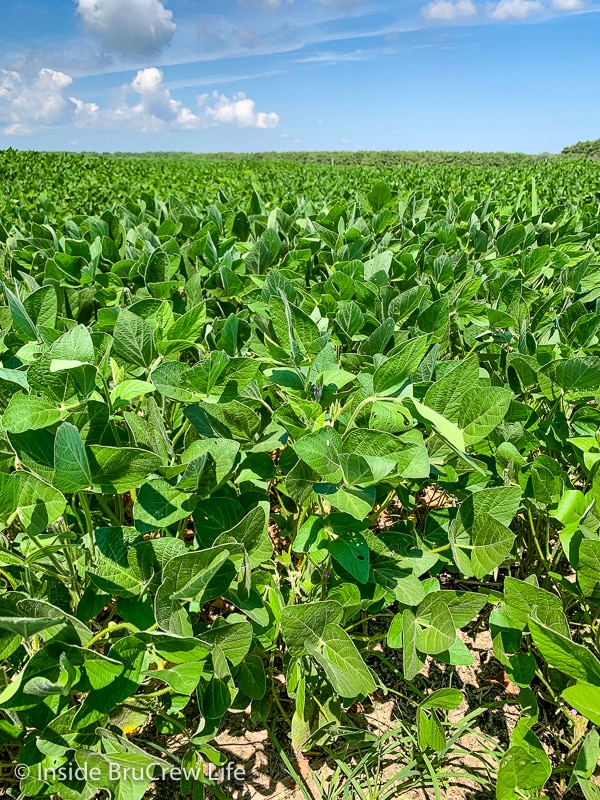
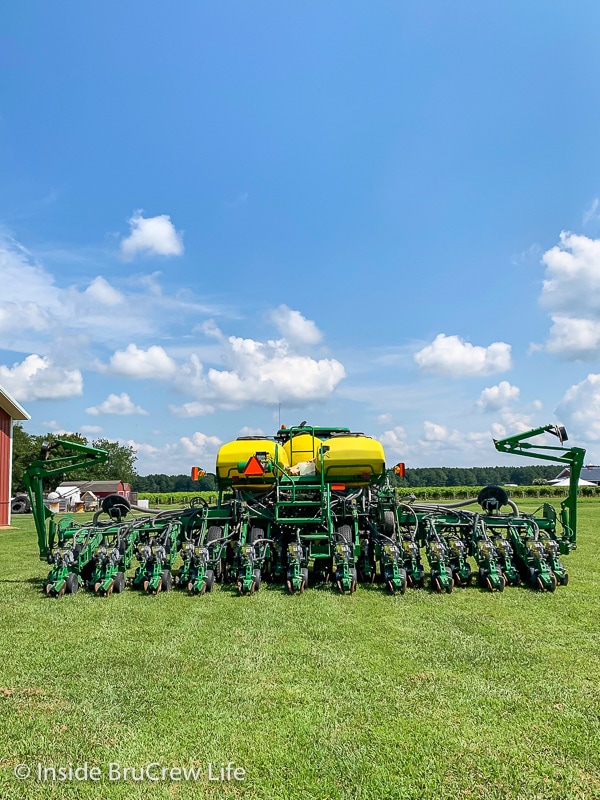
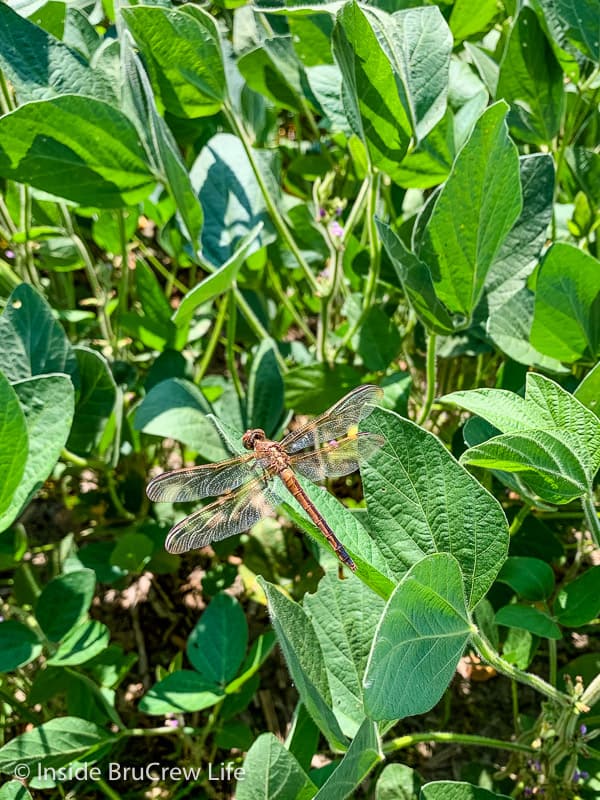
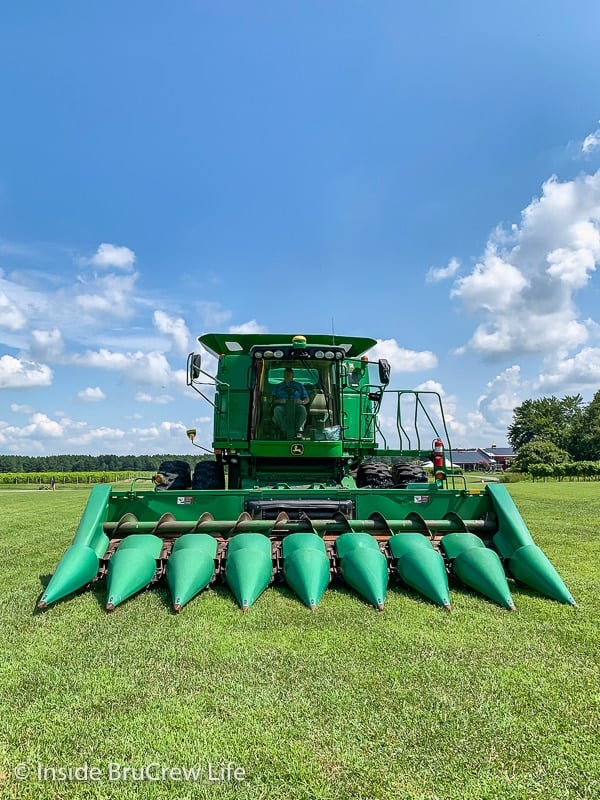
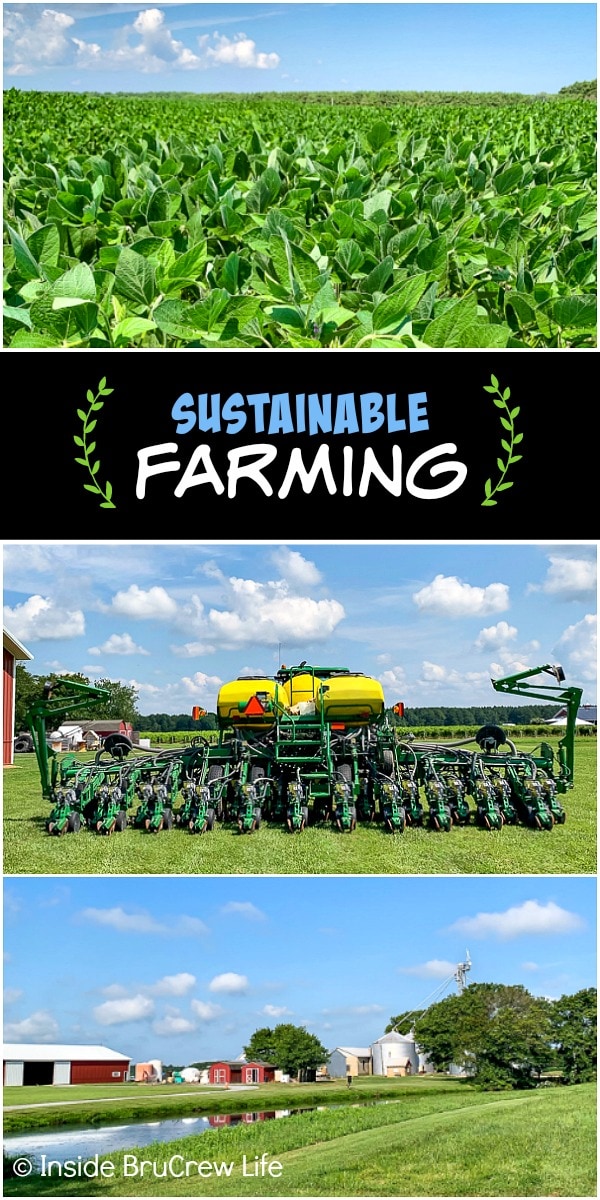
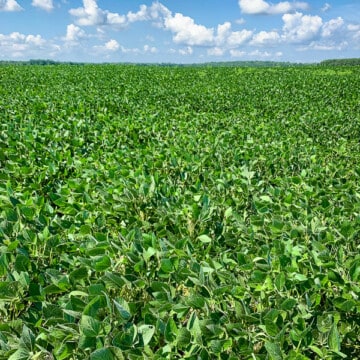
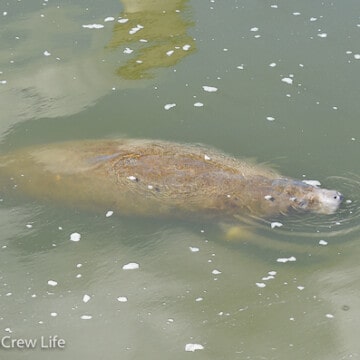
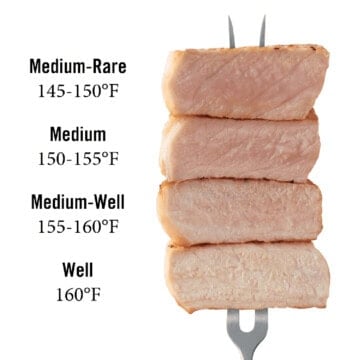

Helen OBrien says
Like this article....an interesting read....never heard of no-till farming, but now I know!
Today wasn't a total loss - I learned something new!!???
Love your website and have been using your recipes for a few years now...Thanks for your creative ideas!!